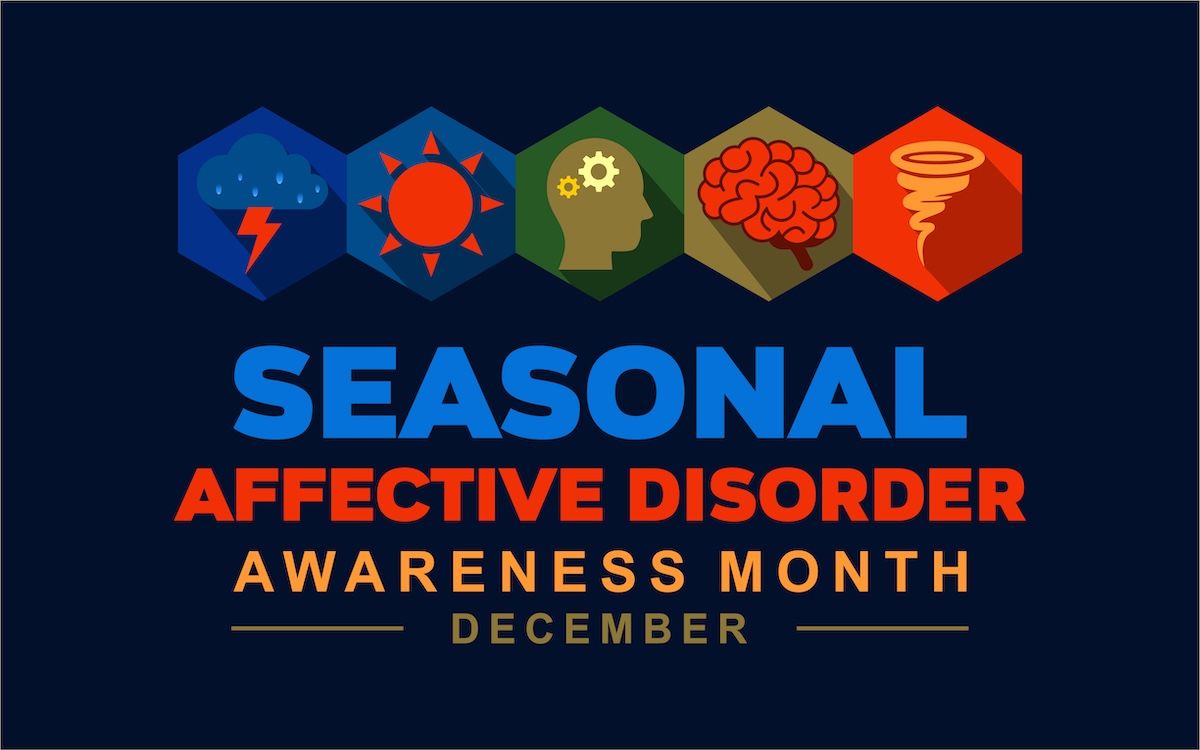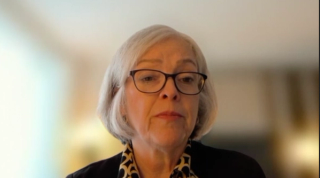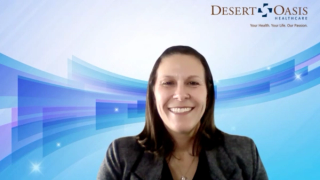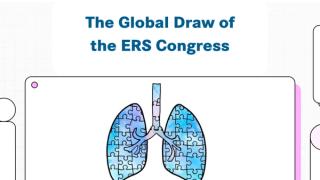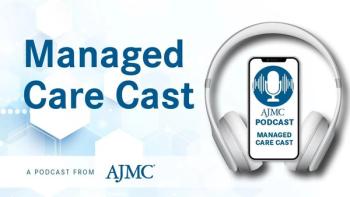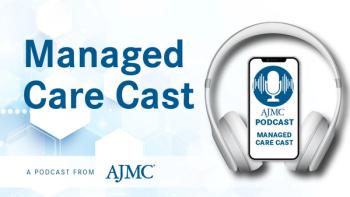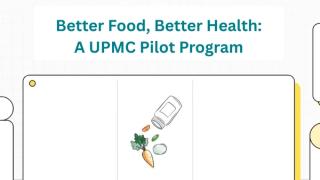
Population Health
Latest News
Latest Videos

Podcasts
CME Content
More News

Svetlana Barbarash, MD, outlines the lack of cardiologists and transplant services in Las Vegas and the policy changes needed to close gender gaps in care.

The 2024-2025 US influenza season hit older adults hardest, driving hospitalizations and costs, while vaccine coverage remained below targets.

RSV vaccines protect adults 60 years and older against illness, but effectiveness declines over 2 seasons, especially in those who are immunocompromised.

Discontinuing GLP-1 use before or early in pregnancy raises gestational weight gain, birth weight percentile, and the risk of pregnancy complications.
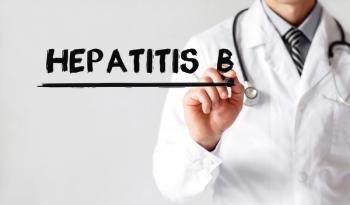
Most US patients eligible for hepatitis B virus (HBV) treatment remain untreated, raising risks of liver disease and complications.

Research shows a sharp rise in bisphenol-attributable metabolic disease since 2000, with annual costs exceeding $250 billion in North America.

Long-term nitrogen dioxide exposure raises ovarian cancer risk, underscoring the need for stricter air quality measures.

Rachel A. Prusynski, DPT, PhD, discusses her study on how payment models affect home health care delivery and patient outcomes.

Targeted financing, clinician recruitment, and telehealth expansion are needed to improve rural primary care.

Infectious disease was hit hardest by funding cuts to NIH grant for clinical trials that did not align with the Trump administration's priorities.
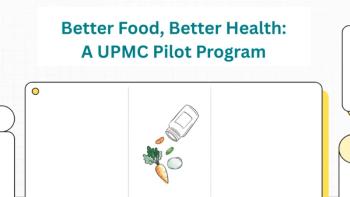
For the conclusion to this 4-part video series, tune in to learn the lessons each organization will carry forward from this pilot program experience.
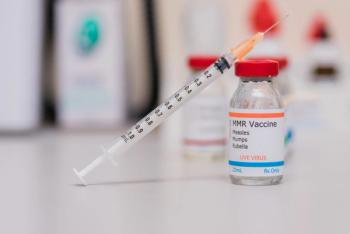
Early measles vaccination among Texas infants surged in early 2025, likely helping reduce their risk amid the nation's largest outbreak since 2000.

Global ovarian and uterine cancer cases due to high BMI have risen sharply over the past 30 years, especially in low- to middle-income sociodemoraphic regions.

To mark the 30th anniversary of The American Journal of Managed Care, each issue in 2025 includes a special feature: reflections from a thought leader on what has changed—and what has not—over the past 3 decades and what’s next for managed care. The November issue features a conversation with Laurie C. Zephyrin, MD, MPH, MBA, senior vice president for achieving equitable outcomes at the Commonwealth Fund. This interview has been edited for length and clarity.

For Medicaid care management, focusing on rising-risk patients is more effective than targeting high-cost claimants, whose spending tends to decrease over time due to regression to the mean.

COVID-19 vaccination before infection lowered long COVID risk in adolescents, highlighting vaccines as an effective prevention strategy.

Consistent across age, sex, and race, BMI closely mirrored body fat–based obesity in nearly all US youth with BMI-defined obesity (BDO).

As open enrollment begins November 1, 2025, millions are signing up under enhanced subsidies that are set to expire at the end of this year.

Innovative payer approaches and holistic support could help expand GLP-1 use and improve obesity care outcomes, experts claimed.

In the midst of a government shutdown, former House Speaker Paul Ryan urges clear policies, AI innovation, and patient-focused solutions to build a sustainable US health care system.

National data show adults struggling to afford energy bills face over twice the odds of depression and anxiety.

COVID-19–related work absences remain elevated post pandemic, especially in high-exposure jobs, highlighting lasting labor market impacts.
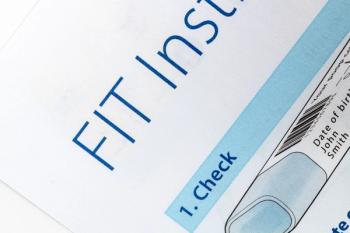
A study reveals disparities by sex, socioeconomic status, and location for colorectal cancer screenings.

Telehealth abortion requests doubled after the Dobbs decision, especially for those far from clinics or seeking care before 6 weeks of pregnancy.

The Hearing Loss Association of America advocates for early hearing loss detection, addressing mental health, and improving accessibility to enhance quality of life.
